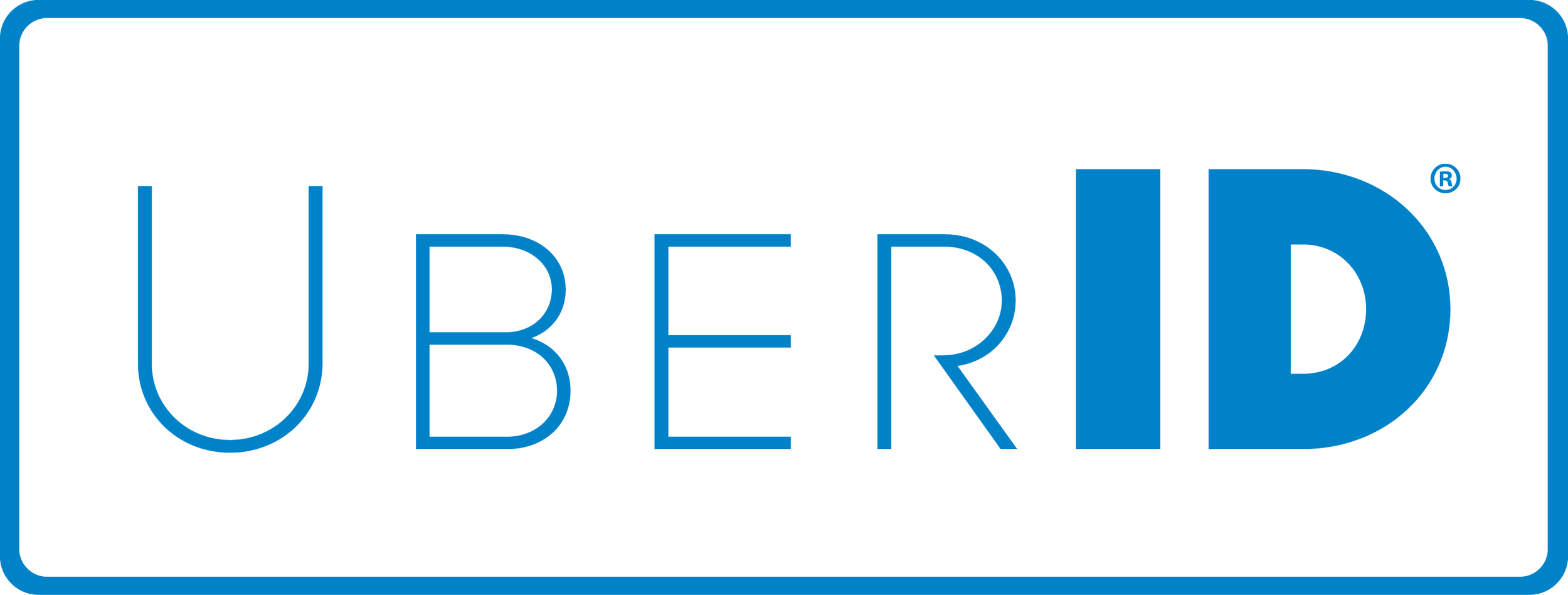Living Wills and Advanced Directives Matter
It’s not an easy thing to think about – but what if the worst happens? If you become incapacitated or terminally ill and cannot speak for yourself, have you thought about how to communicate your last requests?
Advance medical directives (AMD) consist of two types of legal documents that allow you to express your end-of-life wishes, in the event you can’t do so yourself. These documents include a living will and medical power of attorney.
What is a living will?
Many people in a severe medical crisis aren’t able to communicate, potentially because they’re in a state of unconsciousness. A living will provides directions on what medical treatments you do or do not want, including the withdrawal of a life support system.
Without a living will, decisions about your care will come down to medical professionals and / or family members or guardians. If someone doesn’t know your final wishes, they may keep you on life support or introduce other medical treatments that you wouldn’t have chosen for yourself. Alternatively, a medical professional may choose a course of action that differs from your family members’ wishes. In addition, many family members feel under-prepared to handle the burden of making these choices, should they be asked to do so.
Each state has their own questions for a living will. Ensure you fill out all of them and that your living will is aligned with state laws. You may require certification by a notary public or witness signatures, for example. If you move or if your situation changes, be sure to keep your living will up to date.
Who should have a living will?
According to one study in the Journal of the American Geriatrics Society, seniors are the most likely population segment to have a living will – with 72% of seniors having one as of 2010. Those with higher levels of education and income, as well as a chronic disease, are the most likely group to have a living will.
On the whole, however, a study by the American Journal of Preventative Medicine notes that only about a quarter of Americans have an AMD. In fact, only 7% of young adults under the age of 30 have an AMD in place.
A living will is important for anyone that wishes to have their end of life concerns clearly expressed to everyone involved. No matter your age or level of health, a living will is as important as a donor card or an actual will for your estate.
What is medical power of attorney?
Your living will may outline things like ‘do not resuscitate’ or a desire to stay on or off life support – but sometimes rapid decisions need to be made, or a course of action may not be crystal clear. Medical power of attorney allows you to assign a proxy to make medical decisions on your behalf.
Ideally, your proxy should be someone that you trust. They should understand your final wishes, but also be able to act in your best interests, as not every scenario may be covered by a living will.
If you don’t assign medical power of attorney, the responsibility can fall to a default person based on your state’s law. This means, for example, that a common-law partner may be excluded from decision making if they aren’t named your proxy – instead, medical power of attorney could be assigned to a blood relative that isn’t familiar with what you want.
How do I ensure my advance directive is actually seen and followed through?
If prepared properly, your living will and medical power of attorney are legally binding documents. That being said, simply having these items may not be enough, especially if they’re locked away somewhere.
Researchers at the University of California, Los Angeles, found that more than half of people with advance directives weren’t actually available in the patients’ medical files, meaning they’re quite unlikely to be acted upon.
In fact, one study noted that having an advance directive rarely influenced whether people were hospitalized or if they died in a hospital study.
There’s also emergency medical situations to think of. When a team of first responders arrives, they’re looking for clear orders on how to proceed – including whether to resuscitate. If they can’t easily find your advance directive or if your proxy isn’t present, they may move forward with a course of action you wouldn’t have selected.
It’s important to make your advance directive as accessible as possible. UberID® is the only consumer / member-driven health tracking and emergency information platform that supports living wills and medical power of attorney, as well as any other legal considerations like organ donation. EMTs and doctors – including in foreign jurisdictions – can easily access your advance directive considerations through your personal UberID® portal.
At a bare minimum, ensure your medical power of attorney has a copy of your documents. You may also want to file copies with your family doctor, lawyer, or other individuals that can help communicate with medical decision makers.
When you’re in an extreme medical situation, it can be trying for everyone involved. Having your wishes clearly communicated can bring peace to both your loved ones, and yourself.
